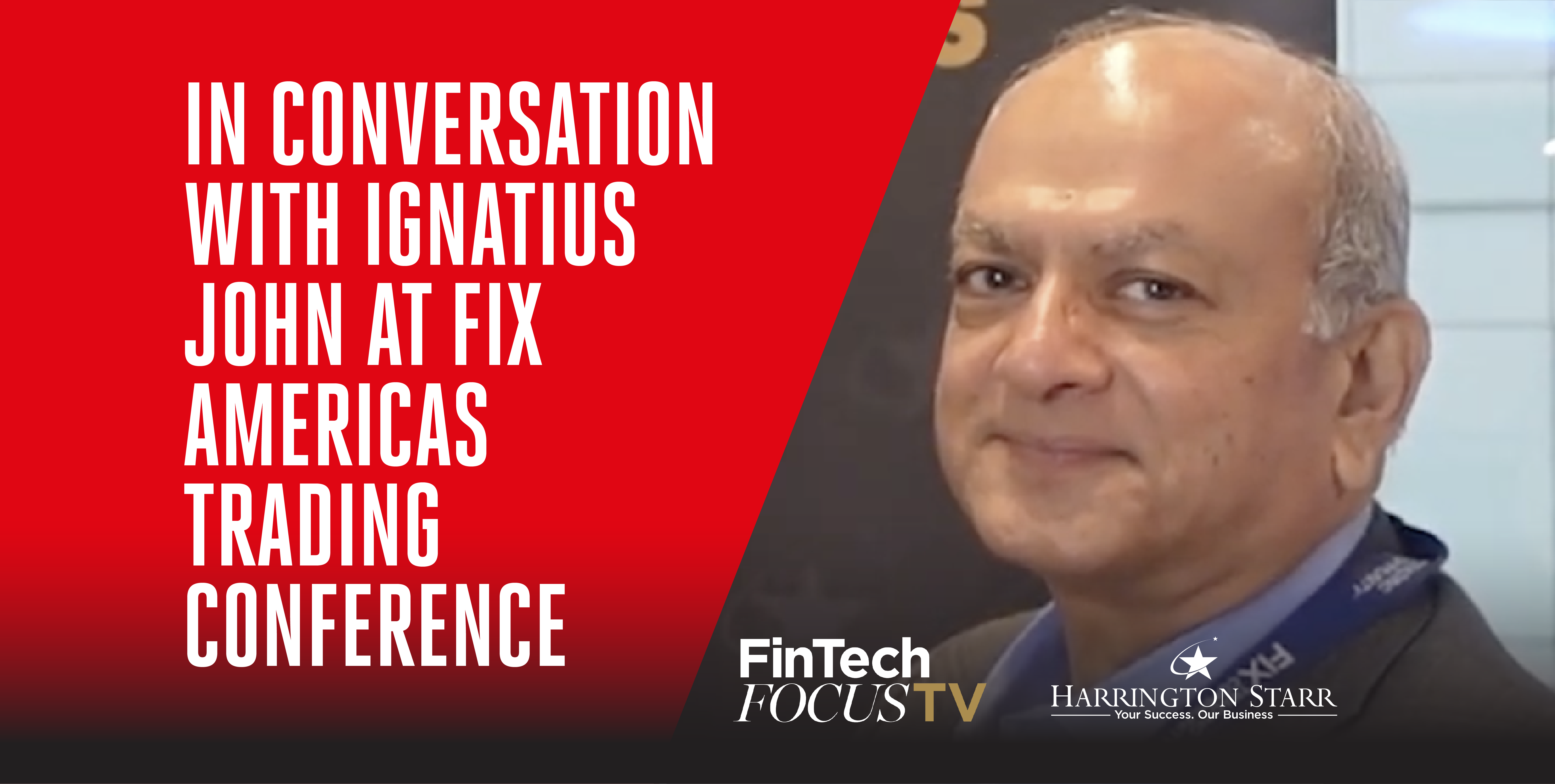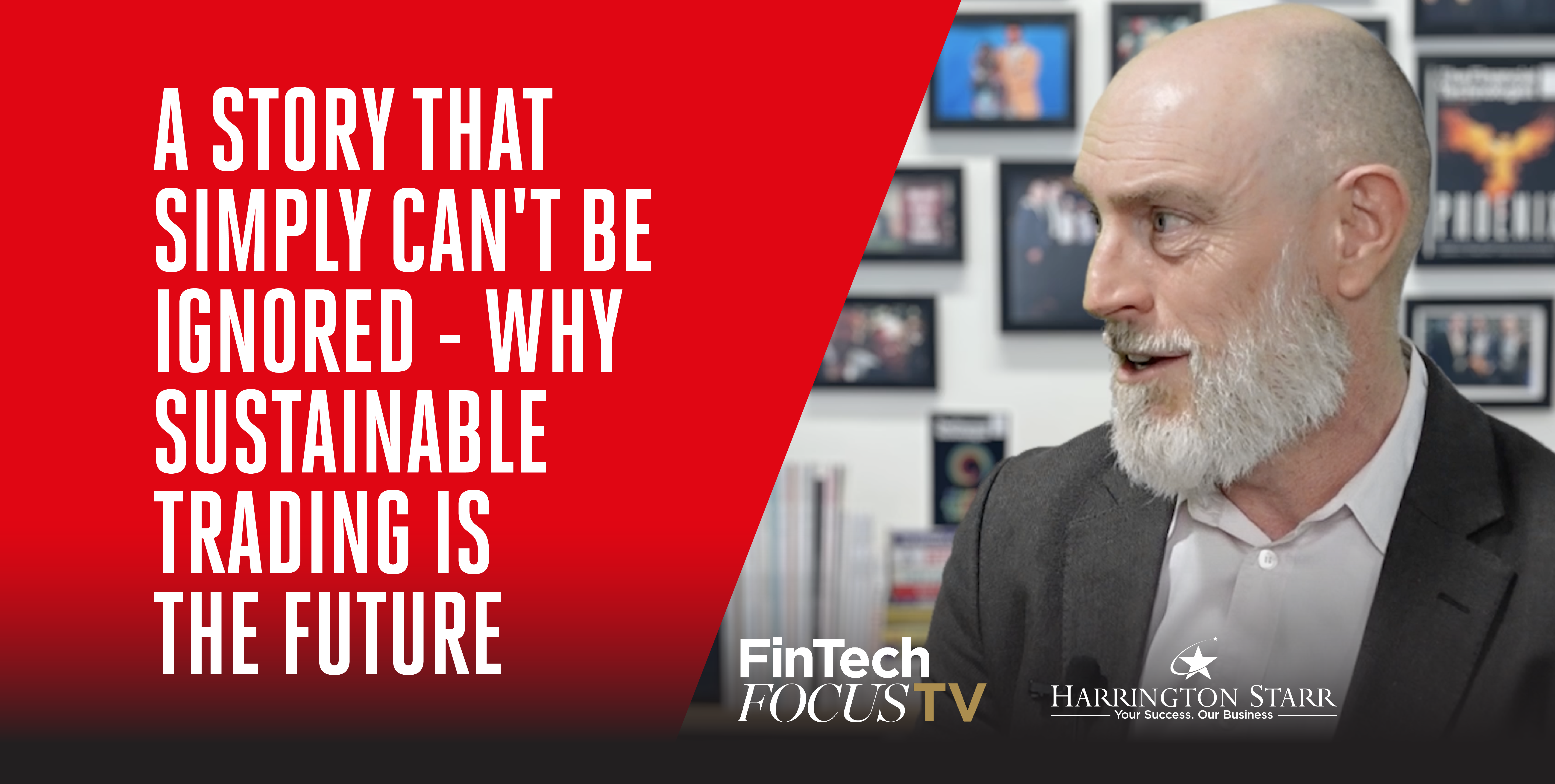
About FinTech Focus TV
FinTech Focus TV is our industry-leading podcast and YouTube show, hosted by Harrington Starr’s CEO, Toby Babb.
Each episode is a masterclass in financial services excellence, featuring thoughts and commentary of renowned leaders from all industry specialisms; investigating the journey industry innovators have been on thus far; the impact they are making; and their commitment to crafting an exciting future for every marketplace participant. We also explore their role in furthering the talent experience, learning how they are attracting and retaining the best talent in the space.
Guests are typically financial services Founders, C-Suite members (most typically CEOs and CTOs), and Venture Capitalists (VCs).
New episodes are released every week and are available on YouTube and across all major podcast streaming platforms.
FinTech Focus TV is recognised as one of “The Top 5 Fintech podcasts worth listening to in 2024.”






